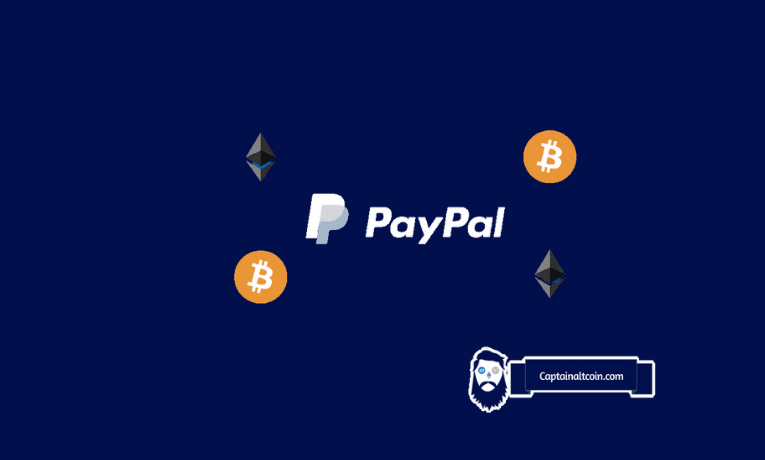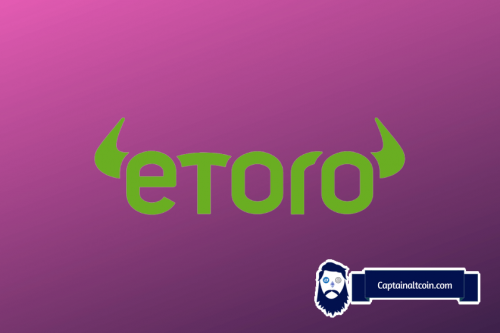
PayPal’s recent launch of its PYUSD stablecoin has alarmed many in the cryptocurrency community. At first glance, PYUSD may seem like PayPal embracing decentralized finance. But further analysis reveals PYUSD’s design systematically enriches PayPal at the expense of users and the crypto ethos.
PYUSD leverages its position as a closed PayPal system to institute restrictive policies like prohibiting direct crypto-to-crypto trades. PayPal requires users first exchange crypto for PYUSD, then PYUSD back to crypto. This guarantees PayPal can double-dip, collecting trading fees twice on what should be a simple transaction.
Worse still, PayPal pads these double fees with opaque price spreads, charging higher crypto prices than regular exchanges. Together, these tactics – forced PYUSD conversions, double fees, and hidden spreads – can cost users 5-6% per trade. This dwarfs the 0.1-0.5% fees of decentralized exchanges like Uniswap.
PayPal is no stranger to leveraging closed ecosystems and lack of consumer choice to hike profits. Its history of high fees, account freezes, and poor customer service raise concerns about its practices. PYUSD extends this approach into crypto, using a private stablecoin as a money siphon.
Some may defend PYUSD, arguing it will increase crypto accessibility. But access at what cost? Users pay exorbitant fees that negate crypto’s typical cost savings while being restricted to PayPal’s walled garden. Meaningful adoption requires open ecosystems where users control their assets.
PYUSD is not a benign on-ramp to crypto; it is a Trojan horse designed to lock users into PayPal’s fees and control. Its centralized model countermands crypto’s decentralization. That’s why projects like MakerDAO’s DAI stablecoin present a better path – community-governed and freely accessible to all.
The crypto community must be vigilant against old guard players co-opting crypto innovation for their own gain. Supporting decentralized finance systems aligned with crypto’s ethos is key. PayPal’s PYUSD provides a case study of how not to integrate crypto. We can and must do better for financial autonomy.
We recommend eToro
Wide range of assets: cryptocurrencies alongside other investment products such as stocks and ETFs.
Copy trading: allows users to copy the trades of leading traders, for free.
User-friendly: eToro’s web-based platform and mobile app are user-friendly and easy to navigate.





